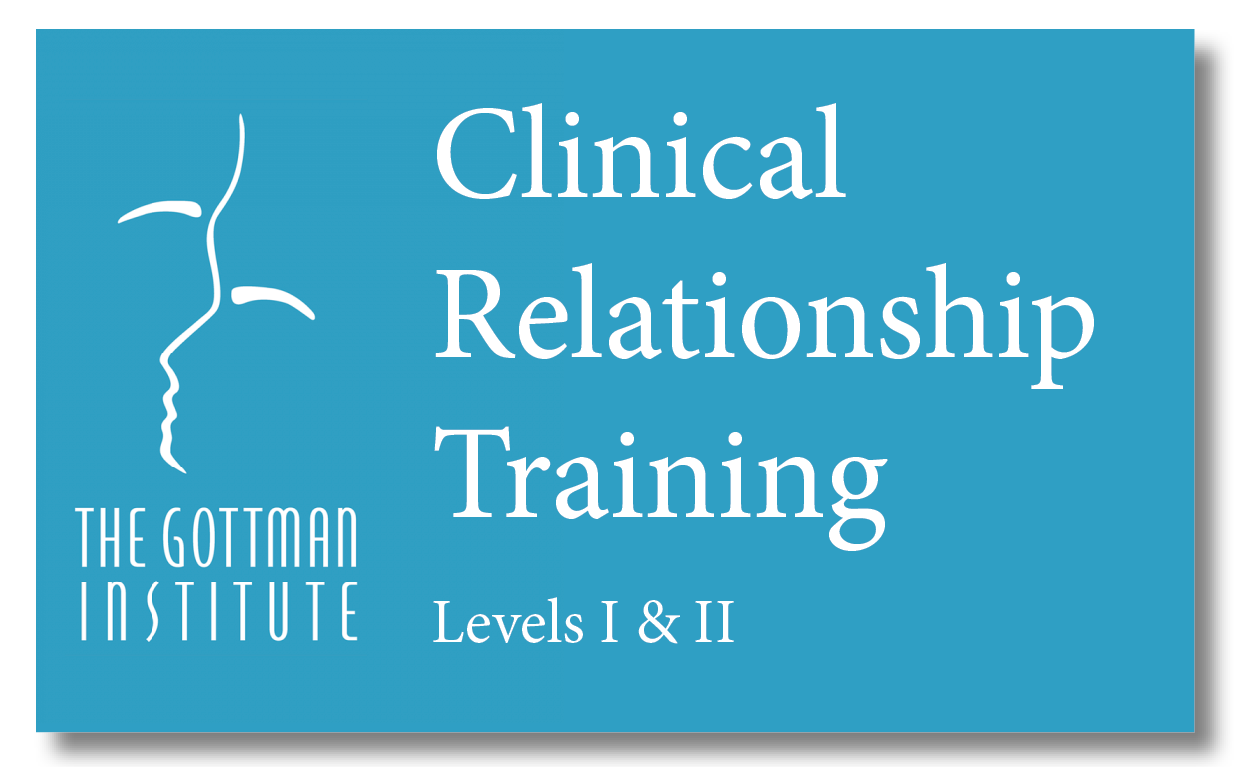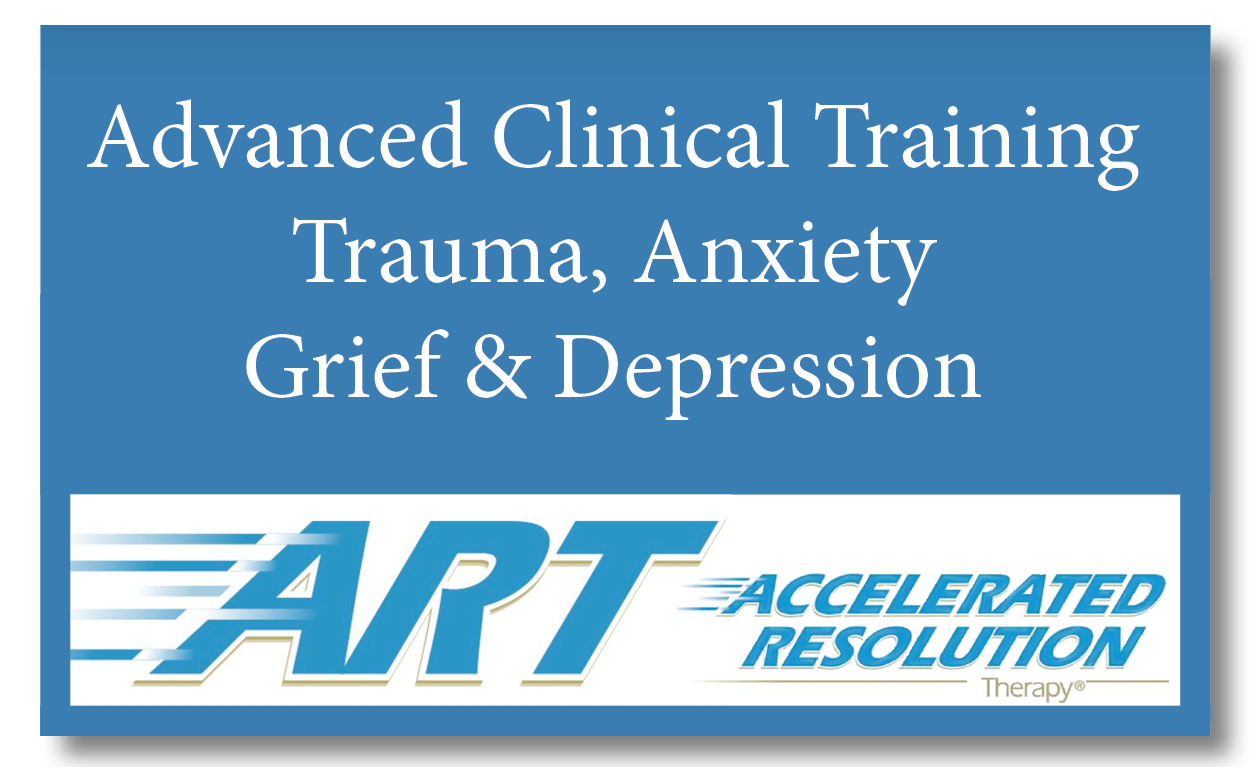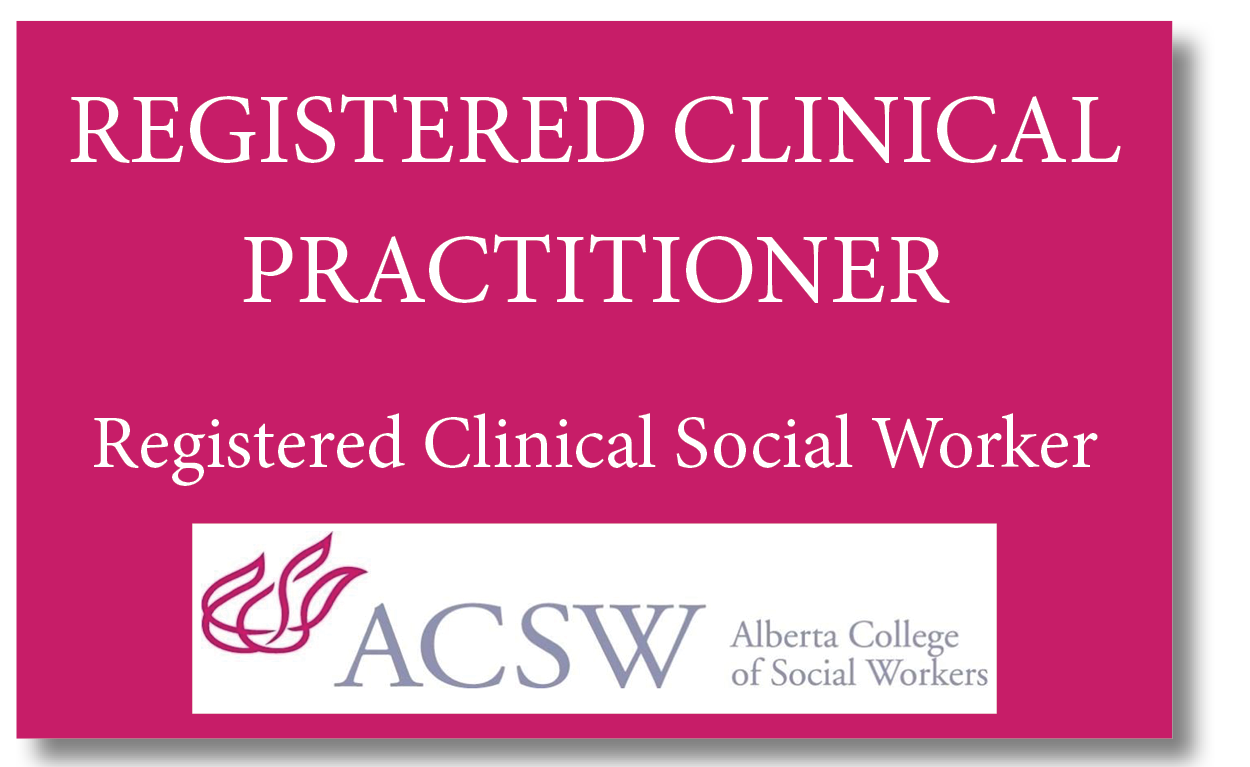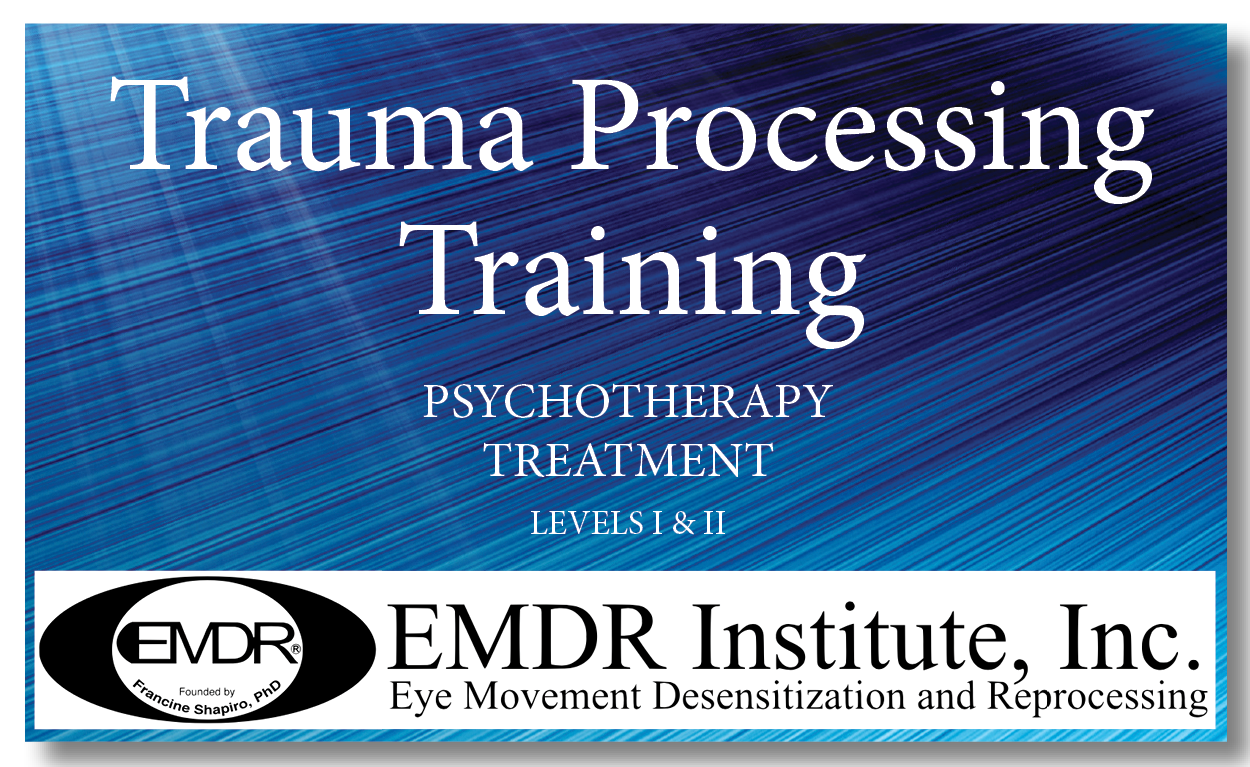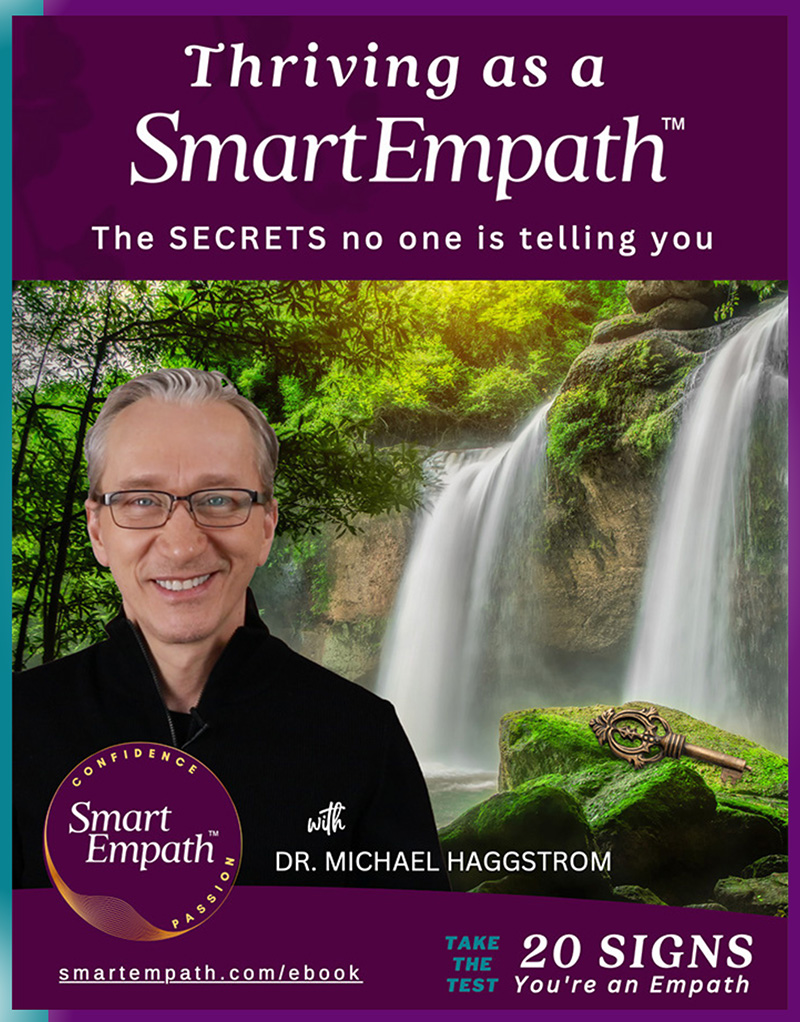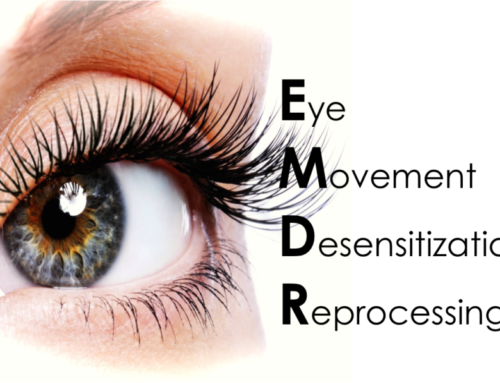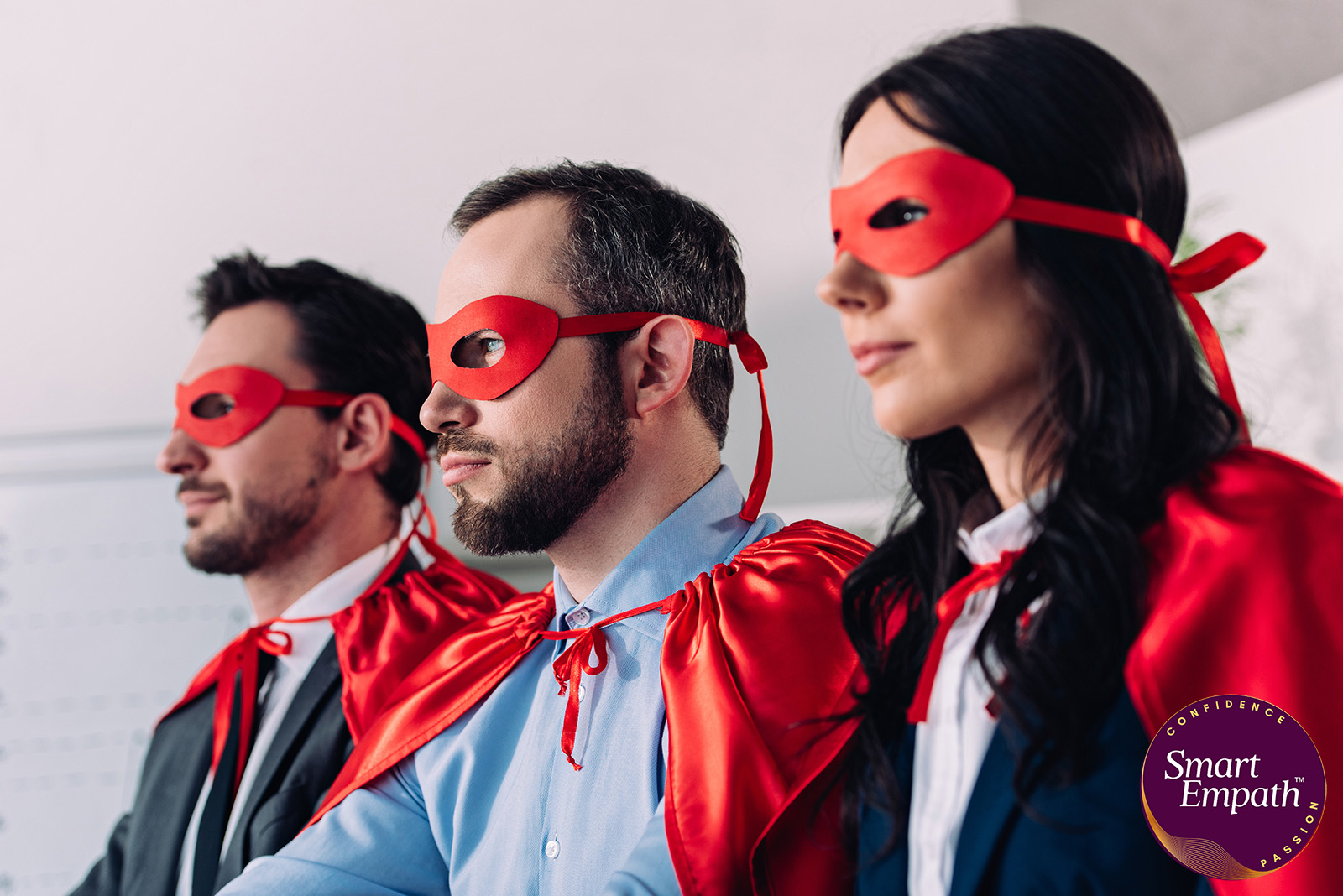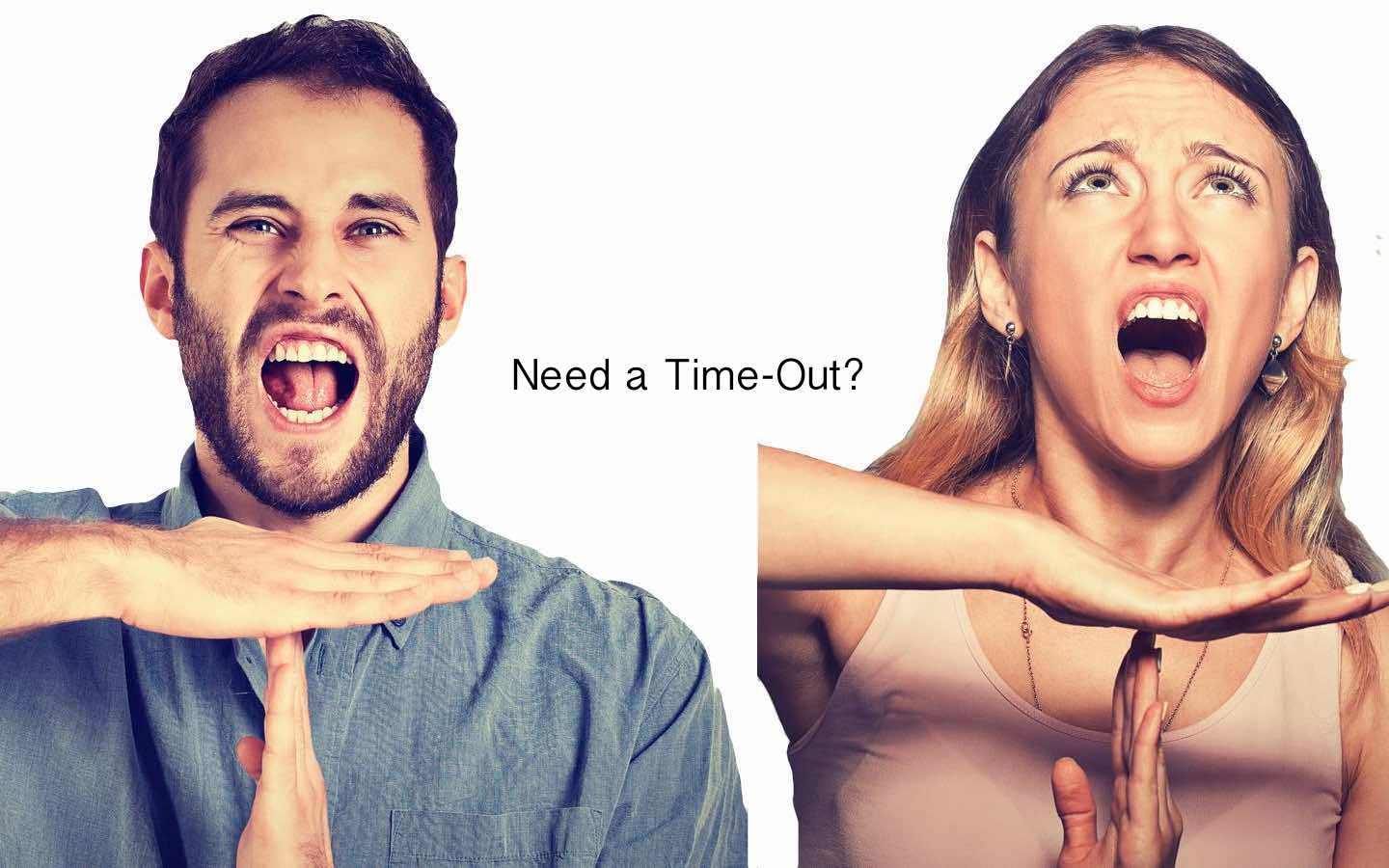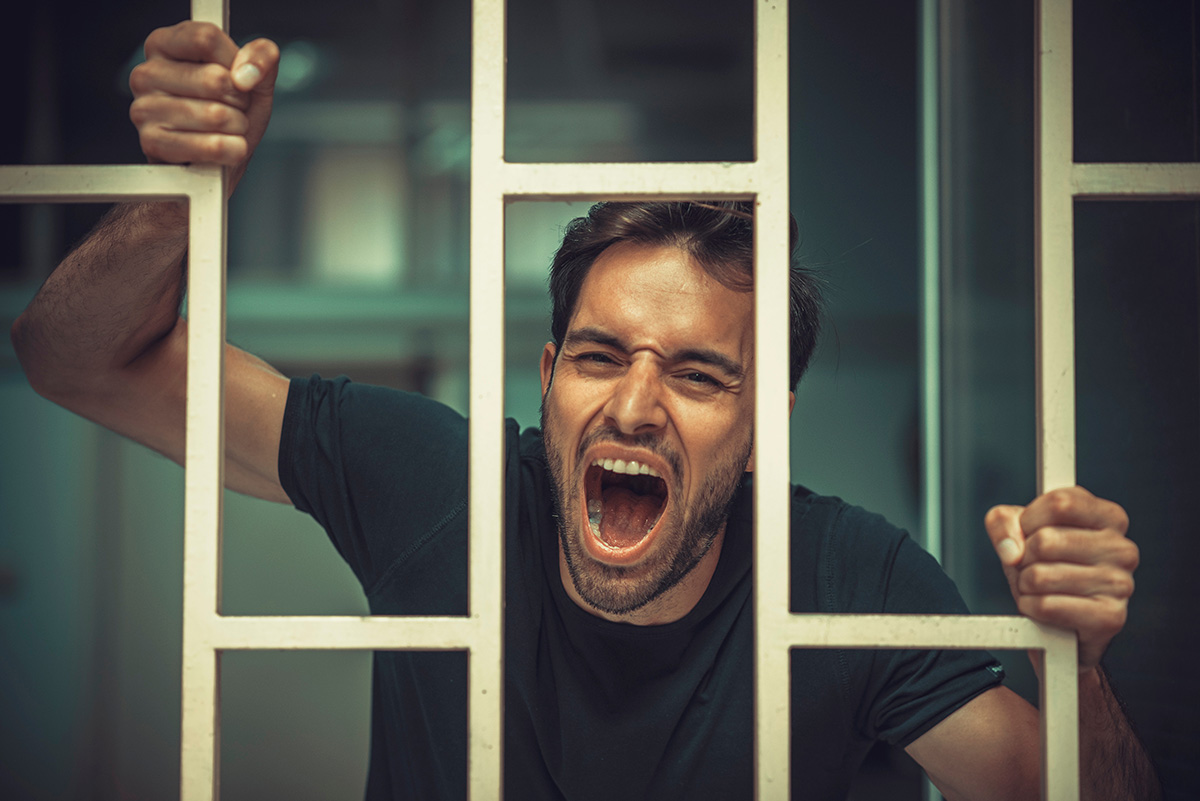“When we understand The Bystander Effect we can no longer remain silent in the face of another person’s pain.” – Dr. Michael Haggstrom
In this Article:
Hidden Secrets of “The Bystander Effect”
Do you have someone in your life who’s experienced trauma at the hands of another person? And you feel lost, not sure how to support them or what your role is in their healing journey? If so, this article is for you.
FACT: Trauma survivors have unique challenges that can be overwhelming, not only to them but also to everyone around them. Because of this, we can freeze up, say nothing and assume that someone else will be there for them. Science calls this phenomena “The Bystander Effect”.
When we give in to this phenomena, we reinforce the trauma experienced by survivors by leaving them in isolation and alone. Nothing illustrates this better than what happened to a young woman named Catherine Susan Genovese, also known as Kitty.

The cry for help
Kitty was driving back home late at night in Queens, New York.
She had chosen this neighbourhood because it was considered to be both peaceful and safe. As usual she parked her car at the Kew Gardens train station. She got out of her vehicle and began walking to toward her apartment building. Close behind a psychopathic serial killer was stalking her.
Before Kitty reached her building, Winston Moseley stabbed her. Her neighbour Robert Mazer heard Kitty screaming and yelled out his window, “Let that girl alone!”
Her attacked fled. Kitty was wounded, but still strong enough to make it to her building.
But the attacker returned. Winston Moseley took his time raping her, repeatedly stabbing her, then leaving her for dead. At the age of 28 Kitty died in the entrance of her own apartment building on Austin Street in Queens, New York on Friday March 13, 1964.
The shocking discovery
The Times investigated the event. They wrote this:
What is interesting about this event is that no fewer than 38 of her neighbours came to their windows at 3:00 am in response to her screams of terror—and remained at their windows in FASCINATION for the 30 minutes it took her assailant to complete his grisly deed, during which time he returned for three separate attacks.
As newspaper after newspaper reported on the events of that night, the world was in shock. An innocent woman was murdered and so many witnesses did nothing to help.
It was only after 30 minutes when Kitty’s life was draining from her, that someone finally called the police.
Researchers labelled what happened here as “The Bystander Effect” and have since discovered that this is actually a very common phenomenon that continues to play out even today; not only in instances of physical threat to someone, but also to victims of emotional and psychological abuse.
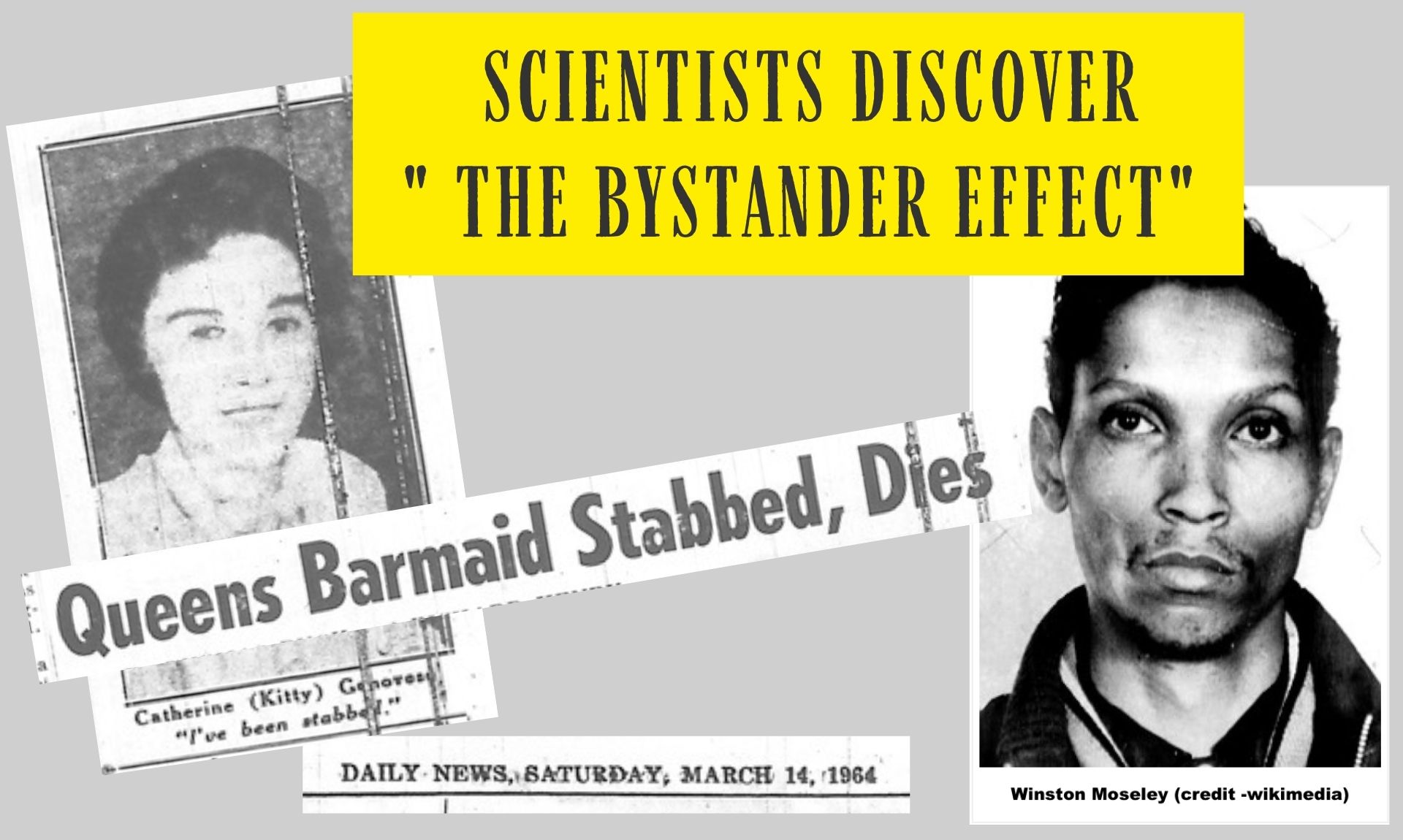
The act of doing nothing leaves survivors isolated
When someone has experienced abuse, one of the most important things we can do is validate and listen.
I’ve heard story after story of clients telling me how they have no one to talk to and how they are expected to not make anyone around them feel uncomfortable with the trauma they’ve experienced.
This is not always communicated to survivors explicitly. The silence of friends, family and coworkers leaves the survivor believing three things:
- 1
“I’m the problem. It’s all my fault”.
- 2
“I should just get over the trauma, after all it’s not really that bad”.
- 3
“I’m unworthy of support and no really cares about what I’ve gone through. I really am alone”.
Imposter syndrome explained
This inevitably leaves the abuse survivor to fend for themselves. They will often isolate more, but when around others they put on a happy face in order to pretend that everything is okay. This leads to “Imposter Syndrome” where they become torn between desperately needing support, but not wanting to become a burden to those around them.
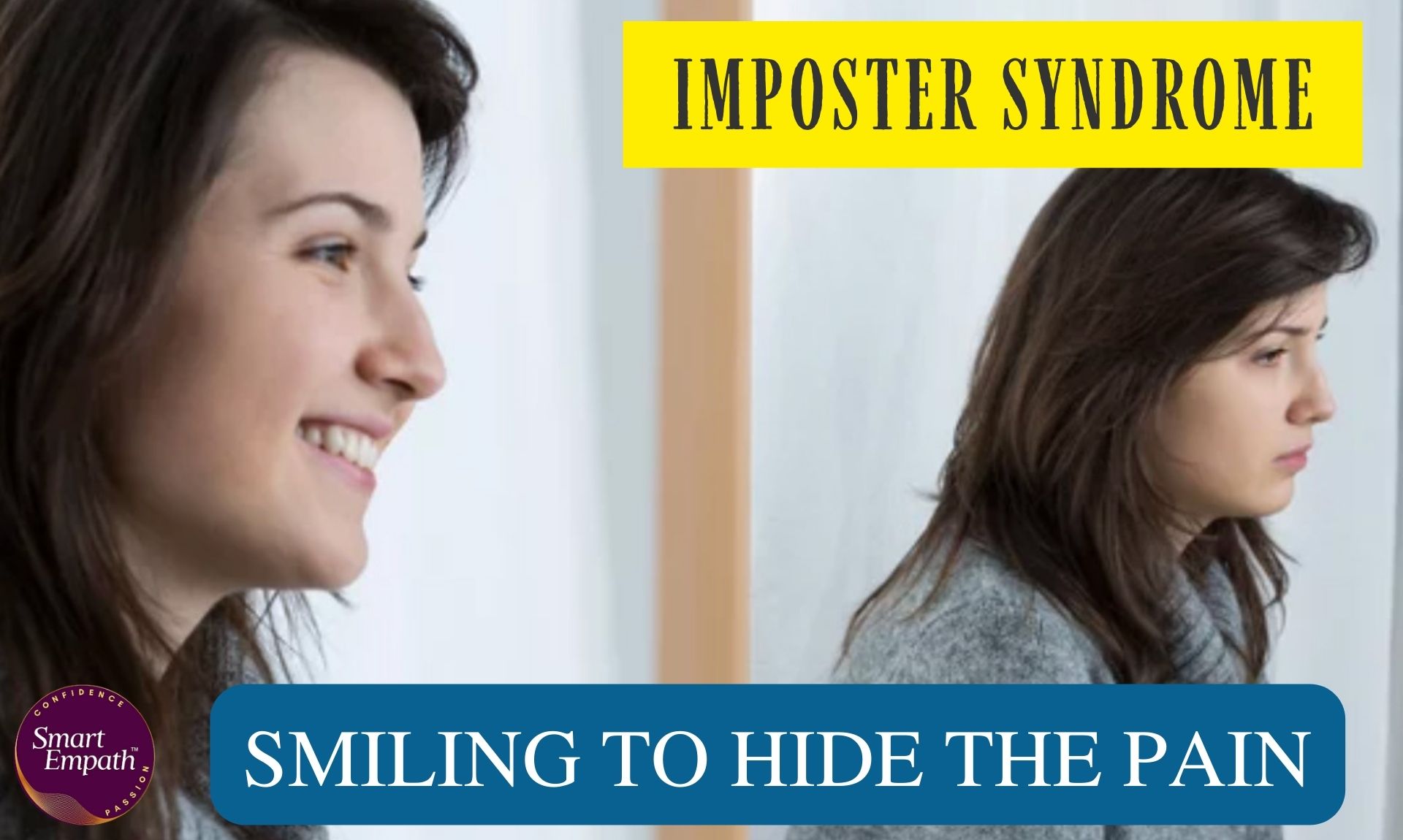
We must stop empowering abusers
This makes the trauma that much worse. And if they’re in an abusive relationship, it empowers the perpetrator to continue the abuse while everyone turns a blind eye.
You see, abusers count on “The Bystander Effect” to turn everyone into enablers who let their abuse continue, right under their noses.
We can no longer excuse our ignorance. Just like with Kitty, everyone who watched her attack was complicit in what happened.
Abuse can come in many forms: emotional, psychological, sexual, financial, discrimination, bullying, neglect, narcissism, disrespect, misuse of power, harassment, verbal, and assault.
“We must learn how to get over our discomfort of talking about abuse and trauma. We must learn now to truly listen and validate the trauma survivors have experienced. That is the least we can do. Love demands no less.“
– Dr. Michael Haggstrom

5 Ways You Can Empower Abuse Survivors:
A powerful new era is upon us
Being a survivor of any form of abuse or trauma is hard enough without feeling like you can’t get the support you need. As a society, we all need to do our part to stop the isolation survivors feel. We need to challenge victim-blaming and learn the skills needed to help survivors heal.
True empathy takes action. It’s not enough to think you care. Without action, love is not real. Without action, we’re mere bystanders waiting for someone else to step in and make a difference.
What “The Bystander Effect” teaches us is that it takes just one person to step in and make a difference. If that had happened for Kitty Genovese, she just might still be alive today.
“I believe we’re in a new era. An era of empathy like this world has never seen. There is push-back. The callous people of the world refuse to be held accountable. But truth will win out, it just may take a while.
If each of us does our part and puts love in action, we can stop the tide of indifference around us. We’re not all activists, but we can all be kind and open-hearted. We can give a bit more time to the hurting in our lives. And we can all make a choice to no longer let abusers hide behind the Bystander Effect.”
– Sincerely, Dr. Michael Haggstrom
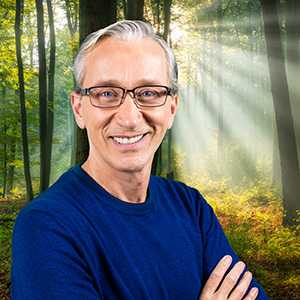
Share This Story ➡️
Share your thoughts:
